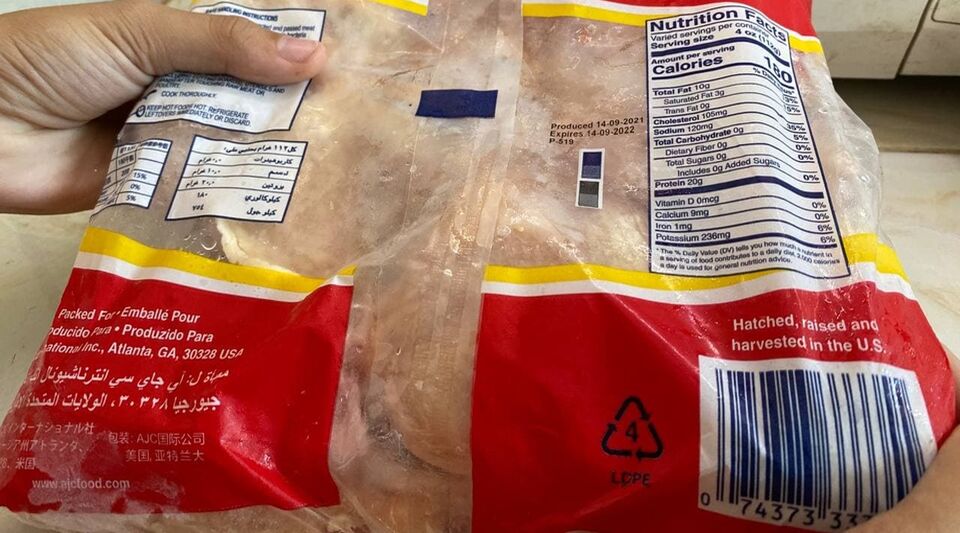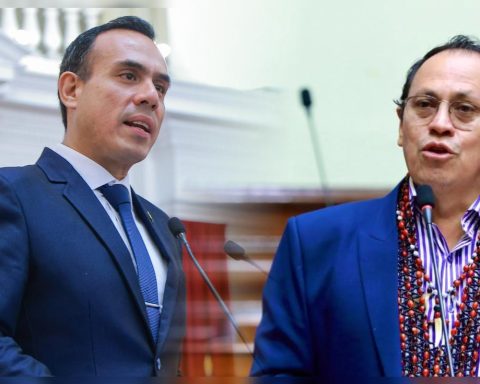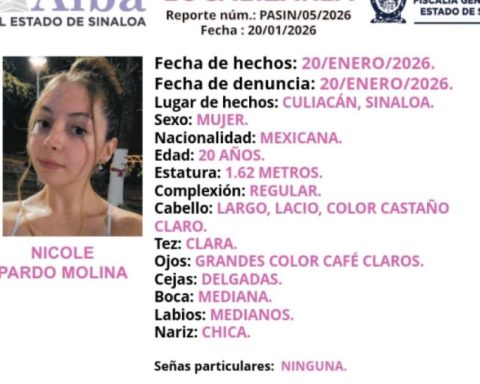In the absence of domestic pork and despite the “tightening of the blockade” that the Government invokes from time to time, Cuba almost doubled its chicken imports from the United States in 2021.
Only between January and November of last year the country bought 252.8 million dollars of American chicken meat, according to data from the Department of Agriculture released by Washington and shared this friday by Cuban economist Pedro Monreal.
The value of US chicken imports in that period is 76% higher than the total purchases for the entire previous year, which reached 143.7 million dollars. Chicken was once again the first food that the US sells to Havana with 276,774 tons until last November.
A record was set in April when buying for more than $ 30 million. September was the month with the least imports (almost 17.6 million), and there was a rebound in November, with more than 25 million dollars. Most likely, the data for December, which will be announced later, are also very high since, given the shortage of pork for the Christmas holidays, the Government invited the population to eat chicken. Once the December sales are included, everything indicates that Cuba will have bought almost twice as much chicken from the US in 2021 than in 2020.
In addition, there was a slight increase in the value of the kilogram of 0.93 US cents in October, which cost 0.94 a month later.
In addition, there was a slight increase in the value of the kilogram of 0.93 cents in October it went to cost 0.94 a month later. However, the rise in the price of this product had been increasing for months before. In August the kilogram was at 0.86 cents and for September It was already 0.89. Chicken is sold in state stores, where it is scarce, for 90 pesos a 2-kilo bag and, in the informal market, for 350.
“Poultry meat is, by a considerable margin, the first food imported by Cuba, and it is a product for which there is very little supply capacity of national origin,” Monreal wrote at the end of the year based on recent statistics from the Government of the Island that indicated an annual expenditure of 319.2 million dollars in imports of this meat, which comes from the United States and Brazil.
At the end of last October, food exports from the United States to Cuba they had doubled in the last year and six times in the last two. Purchases amounted to 22,271,632 dollars, 91% more than in the same month of 2020, when the amount amounted to 11,607,415 dollars, and 501% more than in October 2019, when the amount was 3,704 .369 dollars.
The data, extracted from the advance of a report by the Economic and Commercial Council, revealed that the products most bought by the Island from its northern neighbor continue to be chicken (frozen hindquarters, breast and thighs), calcium phosphate, rice and fruit.
Between 2001 and 2020, Washington sent 2.48 million tons of chicken meat worth 2.088 million dollars to Havana.
According to a report by the US International Trade Commission published in April 2016, the country is among the top ten suppliers of food products to Cuba
According to a report by the US International Trade Commission published in April 2016, the country is among the top ten suppliers of food products to Cuba thanks to the 2000 rule that allows it to carry out direct commercial imports of some foods and inputs. agricultural as long as they are paid in advance and in cash, due to the prohibition of granting credit to the Island in accordance with the embargo laws.
Despite this, chicken, one of the most purchased foods at the national level, still does not reach the population regularly and sufficiently, which is forced to spend hours in queues to be able to stock up on this product. In addition, in the last two years, it has also become one of the most sought after foods in markets where pork appears less and less and at stratospheric prices.
________________________
Collaborate with our work:
The team of 14ymedio He is committed to doing serious journalism that reflects the reality of deep Cuba. Thank you for joining us on this long road. We invite you to continue supporting us, but this time becoming a member of our journal. Together we can continue transforming journalism in Cuba.















